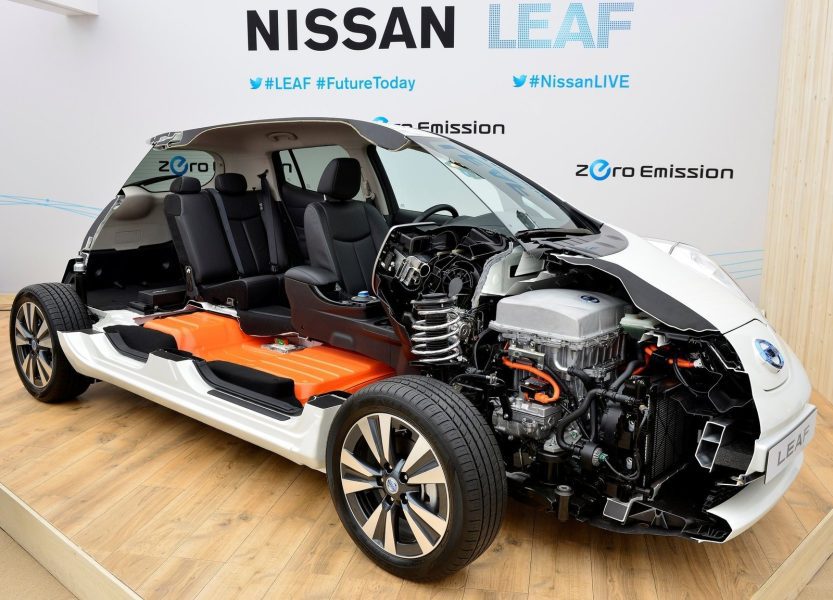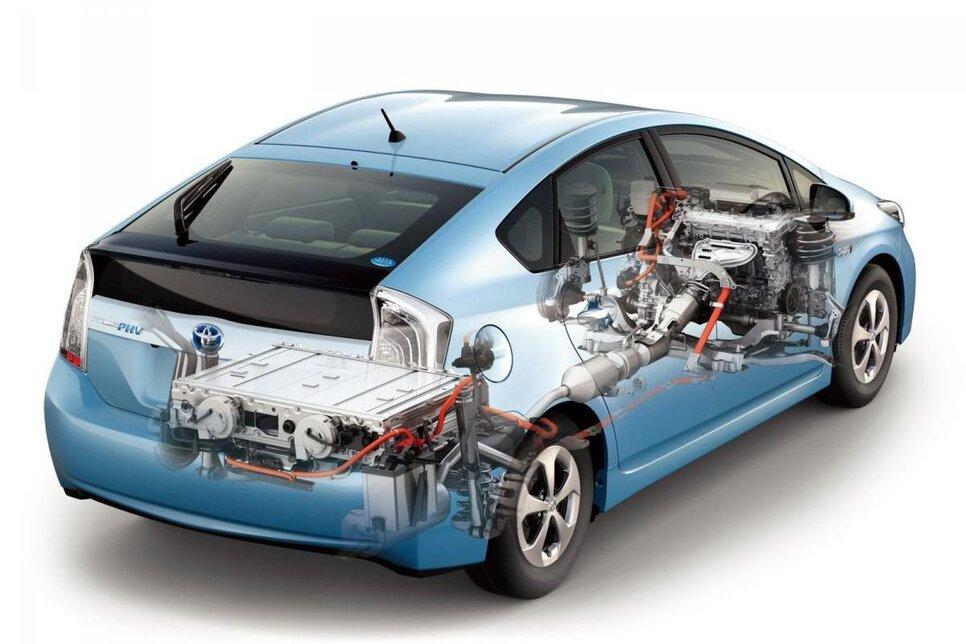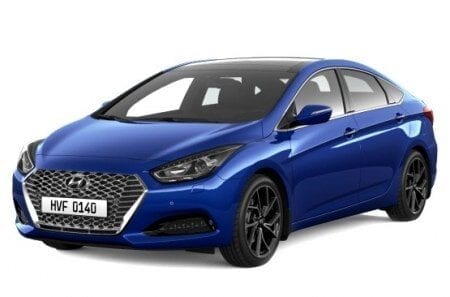
Focus on the Nissan Leaf battery
Present on the market for over 10 yearsThe Nissan Leaf is available in two generations of vehicles with four battery capacities. Thus, the electric sedan delivers excellent performance combining power, range and smart and connected technology.
Battery performance and capacity have changed dramatically since 2010, allowing the Nissan Leaf to offer significant range.
Nissan Leaf Battery
The new generation Nissan Leaf offers two battery capacity versions, 40 kWh and 62 kWh respectively, offering a range 270 km and 385 km in the combined WLTP cycle. In more than 11 years, the Nissan Leaf's battery capacity has more than doubled, from 24 kWh to 30 kWh, then 40 kWh and 62 kWh.
The Nissan Leaf's range has also been revised upward: from 154 km / h for the first version from 24 kW / h to 385 km WLTP combined.
Nissan Leaf Battery consists of cells connected together in modules. The electric sedan is equipped with 24 modules: the first vehicle with a 24 kWh battery was equipped with modules configured with 4 cells, for a total of 96 cells making up the battery.
The second generation Leaf is still equipped with 24 modules, but they are configured with 8 cells for the 40 kWh version and 12 cells for the 62 kWh version, offering a total of 192 and 288 cells, respectively.
This new battery configuration helps improve filling efficiency while maintaining battery capacity and reliability.
The Nissan Leaf battery uses lithium ion technology, the most common in the electric vehicle market.
Battery cells consist of cathode LiMn2O2 consists of manganese, has a high energy density and high reliability. In addition, the cells are also equipped with a layered Ni-Co-Mn (nickel-cobalt-manganese) positive electrode material to increase the battery capacity.
According to manufacturer Nissan, the Leaf is an electric car. 95% recyclableby removing the battery and sorting the components.
We have written a full article about the process of recycling the battery of an electric vehicle, which we invite you to read if you want to know more on this topic.
Autonomy Nissan Leaf
Factors affecting autonomy
Although the Nissan Leaf delivers a range of up to 528 km, for the 62 kWh urban WLTP version, its battery will drain over time, resulting in a loss in performance and range.
This degradation is called agingconsisting of cyclical aging, when the battery is discharged during use of the vehicle, and calendar aging, when the battery is discharged when the vehicle is at rest.
Certain factors can accelerate battery aging and therefore significantly reduce the range of your Nissan Leaf. Indeed, according to a study by Geotab, EVs on average lose 2,3% autonomy and capacity per year.
- terms of Use : The range of your Nissan Leaf can be strongly influenced by the type of ride and the driving style you choose. Therefore, it is important to avoid strong acceleration and use the engine brake to regenerate the battery.
- Equipment on board : Firstly, activating ECO mode allows you to increase the range. Next, it is important to use heating and air conditioning in moderation, as this will reduce the range of your Nissan Leaf. We recommend that you warm up or cool down your vehicle before setting off while it is charging so as not to drain your battery.
- Storage conditions : To avoid damaging the battery of your Nissan Leaf, do not charge or park your vehicle in too cold or too high temperatures.
- Quick charge : We advise you to limit the use of fast charging, as it will deplete the battery in your Nissan Leaf faster.
- Weather : Driving in too high or too low temperatures can accelerate battery aging and thus reduce the range of your Nissan Leaf.
To evaluate the range of your Nissan Leaf, the Japanese manufacturer offers on its website autonomy simulator... This simulation applies to the 40 and 62 kWh versions and takes into account several factors: number of passengers, average speed, ECO mode on or off, outside temperature, and heating and air conditioning on or off.
Check the battery
The Nissan Leaf offers a significant range of up to 385 km for the 62 kWh version. Plus the battery 8 years or 160 km warrantycovering power losses of more than 25%, those. 9 of 12 bar on pressure gauge.
However, as with all electric vehicles, the battery runs out and can lead to a reduced range. This is why when you are looking to make a deal in the used car market, it is important to test the Nissan Leaf battery.
Use a trusted third party like La Belle Batterie we provide battery certificate reliable and independent for both sellers and buyers of used electric vehicles.
If you are looking to buy a used Leaf, this will let you know the condition of its battery. On the other hand, if you are a seller, it will allow you to reassure potential buyers by providing them with proof of the health of your Nissan Leaf.
To get your battery certificate just order our Drum Kit La Belle then diagnose your battery from home in just 5 minutes. In a few days you will receive a certificate with the following information:
- The State of Health (SOH) : This is a percentage of the aging of the battery. The new Nissan Leaf has 100% SOH.
- BMS (Battery Management System) and Reprogramming : the question is how many times the BMS has been reprogrammed.
- Theoretical autonomy : This is an estimate of the Nissan Leaf's mileage based on battery wear, outside temperature and type of trip (urban, highway and mixed).
Our certification is compatible with the first generation Nissan Leaf (24 and 30 kWh) as well as the new 40 kWh version. Будьте в курсе ask for a certificate for the 62 kWh version.

